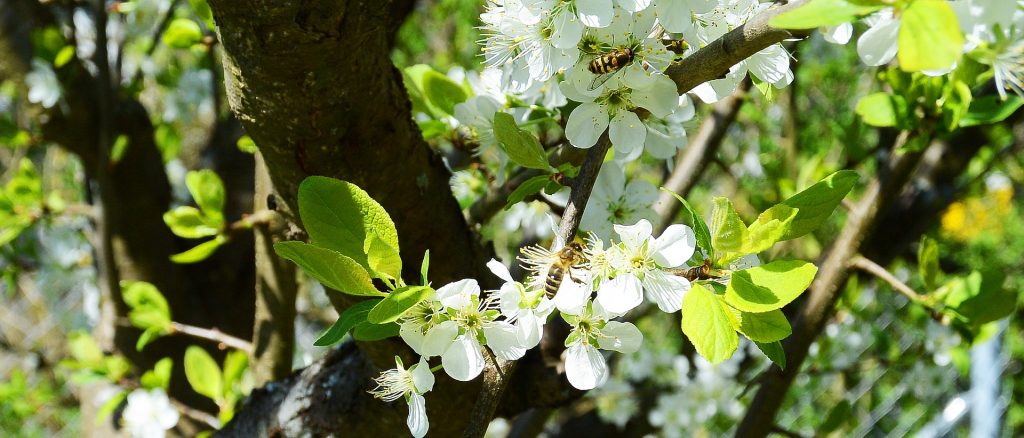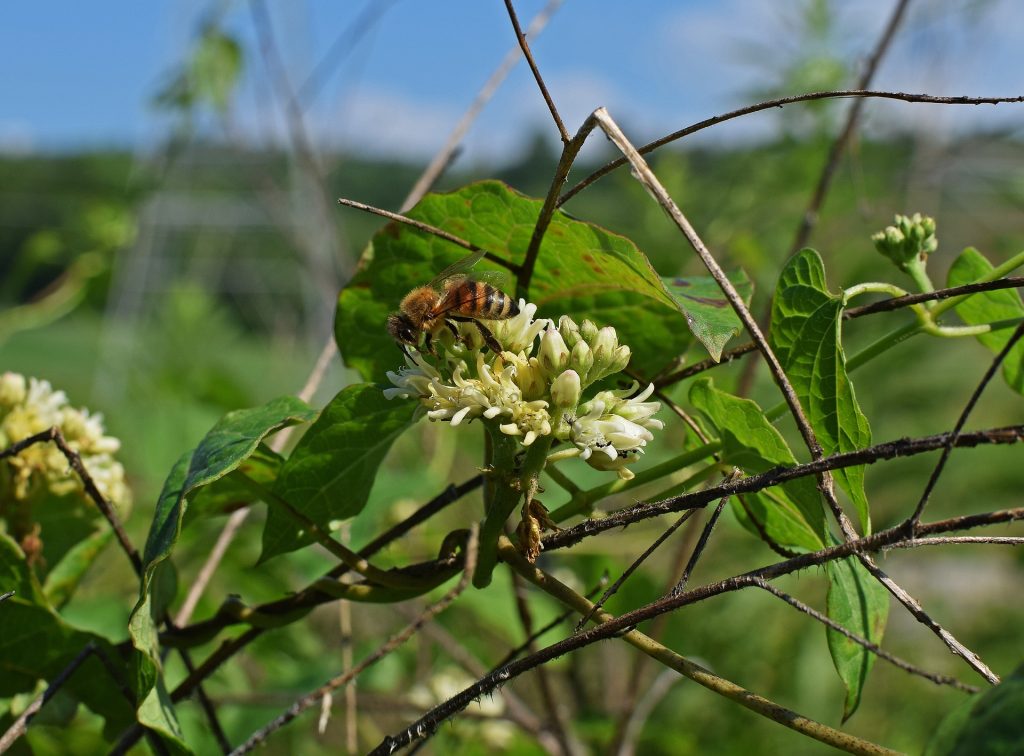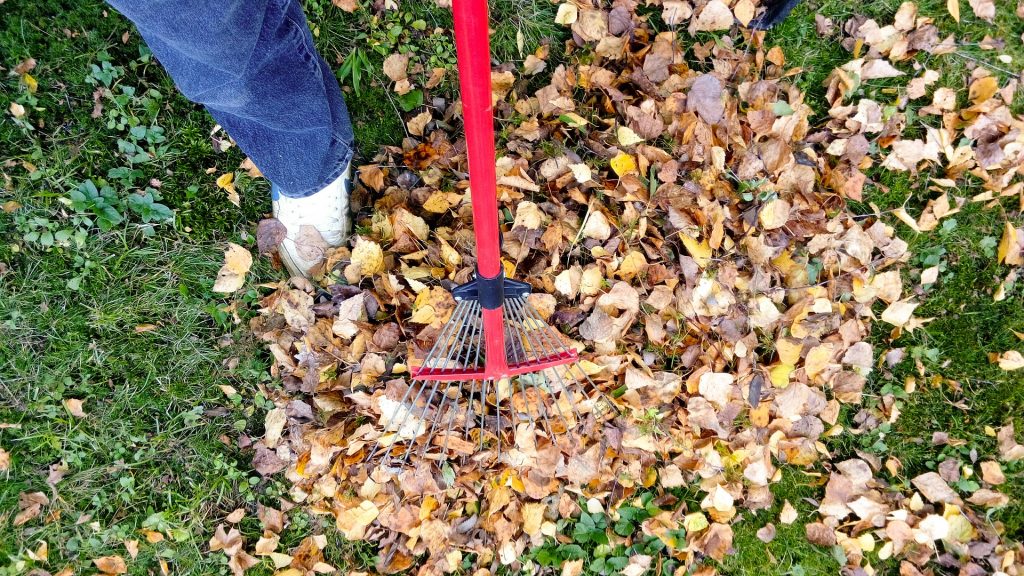
Bee pollination plays an essential role in our world’s ecosystem. Many plants rely on pollination to thrive, but various environmental issues are causing population drops for these important insects. There are ways for individuals to help them, however, and it all starts with your own home garden.
How does cross-contamination impact our food supplies?
Cross-pollination is where pollen from the flower of one plant fertilizes the flower of another plant. According to the Natural Resources Defense Council, cross-pollination helps about 90 percent of our wild plants and around 30 percent of the crops we rely on around the world. This process can take place with the help of wind, bats, beetles, butterflies, and birds, but bees are one of the most effective pollinators around.
Agriculture Solutions explains that human nutrition, food diversity, and food security all rely on pollinators and the cross-pollination fertilization process is essential in producing strong plants and high yields of fruits and vegetables. The process helps provide genetic variability within a plant’s population, allowing it to better adapt as conditions change.


